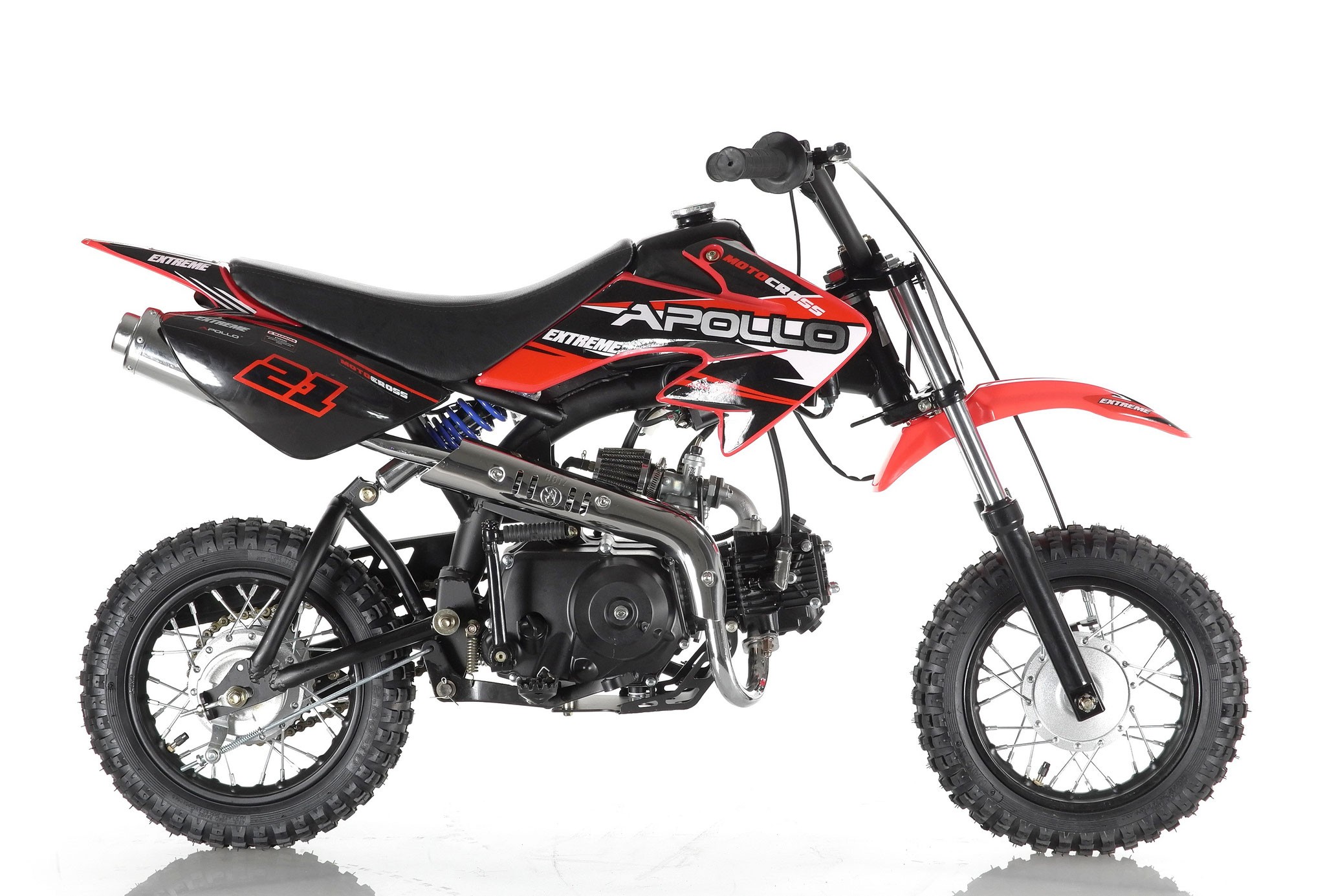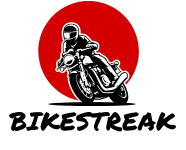A 70cc dirt bike typically reaches a top speed between 25 mph and 40 mph, though this can vary significantly based on factors like rider weight, terrain, and the specific bike’s modifications. How fast is a 70cc bike? Generally, these bikes are designed for younger riders or as entry-level off-road machines, prioritizing manageable speed and handling over extreme velocity.

Image Source: www.killermotorsports.com
Exploring 70cc Dirt Bike Capabilities
When you’re curious about a 70cc dirt bike top speed, it’s important to remember that these machines are built with specific purposes in mind. They are often the next step up from smaller 50cc bikes, offering a bit more power and capability without being overwhelming. The 70cc dirt bike performance is tailored for learning, trail riding, and basic recreational use.
The Heart of the Machine: The 70cc Engine
The core of any dirt bike is its engine, and a 70cc engine is a small but capable unit. These engines are typically air-cooled, single-cylinder, two-stroke or four-stroke powerplants. The 70cc engine speed is designed to provide a responsive throttle, allowing young riders to learn clutch control and throttle modulation safely.
70cc Engine Top Speed Considerations
The 70cc engine top speed itself is not the sole determinant of a bike’s overall speed. The engine’s power output, gearing, weight of the bike, and aerodynamic profile all play a crucial role. For a 70cc engine, peak RPMs are usually in a moderate range, allowing for decent acceleration without excessive strain.
What Influences a 70cc Dirt Bike’s Speed?
Several factors contribute to how fast a 70cc dirt bike can go. It’s not just about the engine size. Let’s break down the key elements:
Rider Weight
This is a significant factor. A lighter rider will naturally achieve a higher top speed than a heavier rider on the same 70cc dirt bike. The engine has to work harder to propel more mass, affecting acceleration and the ultimate speed achievable.
Terrain
The surface you ride on dramatically impacts speed. Smooth, hard-packed dirt will allow for much higher speeds than loose gravel, sand, or mud. Uphill climbs will also reduce speed, while downhill sections can increase it beyond the bike’s usual limits.
Bike Condition and Maintenance
A well-maintained bike performs better. Fresh oil, clean air filters, properly inflated tires, and a well-tuned carburetor all contribute to optimal performance. A neglected bike will likely be slower.
Gearing
The final drive gearing (sprocket sizes) is a crucial aspect of a dirt bike’s performance.
- Lower Gearing (larger rear sprocket): This provides more torque and better acceleration, making it easier to get moving and climb hills. However, it will limit the top speed.
- Higher Gearing (smaller rear sprocket): This allows for a higher top speed but sacrifices some acceleration and low-end grunt.
For a 70cc pit bike speed, gearing is often adjusted for nimble handling and quick bursts of acceleration rather than outright speed.
Modifications and Upgrades
Many owners of 70cc dirt bikes, especially those looking for slightly better 70cc pit bike speed or overall 70cc dirt bike performance, will opt for modifications. These can include:
- Exhaust upgrades: A free-flowing exhaust can improve engine breathing and power.
- Carburetor tuning or replacement: A larger or better-tuned carburetor can optimize fuel delivery for more power.
- Performance air filters: These allow for better airflow into the engine.
- Engine tuning: Advanced tuning can unlock more power from the 70cc engine.
These modifications can boost the 70cc dirt bike acceleration and increase the 70cc dirt bike top speed, but they also need to be balanced to avoid over-stressing the engine.
Typical Performance Metrics for a 70cc Dirt Bike
Let’s delve into some common performance aspects you can expect from a 70cc dirt bike.
70cc Dirt Bike Top Speed
As mentioned, the 70cc dirt bike top speed generally hovers between 25 mph and 40 mph. This range is suitable for learning and fun on trails. Some very lightweight bikes with optimal conditions and rider weight might push slightly higher, but it’s not typical.
70cc Mini Bike Speed vs. 70cc Dirt Bike Speed
A 70cc mini bike speed is often comparable to a 70cc dirt bike, but mini bikes are generally designed for different purposes. Mini bikes are often street-legal or intended for more casual use in yards or flat areas. Their gearing and suspension might be different, potentially affecting their top speed and handling characteristics. A 70cc pit bike speed is usually focused on agility and quick acceleration for use in pit areas or small tracks.
70cc Dirt Bike Acceleration
The 70cc dirt bike acceleration is usually brisk for its size. These bikes are designed to get moving quickly from a standstill, which is beneficial for new riders learning to manage throttle and clutch. The lightweight nature of these bikes contributes significantly to their peppy acceleration.
70cc Bike Performance Specs
When looking at 70cc bike performance specs, you’ll often find details on:
- Engine type: 2-stroke or 4-stroke
- Horsepower: Typically in the 4-7 HP range
- Torque: Varies but designed for low-end pull
- Transmission: Usually a semi-automatic or manual clutch with 3 or 4 speeds
- Suspension travel: Designed for light off-road use
- Wheel size: Often smaller than full-size dirt bikes, aiding maneuverability
These specs provide a clearer picture of the 70cc dirt bike capabilities.
Comparing 70cc Bikes to Other Sizes
To put the speed of a 70cc dirt bike into perspective, let’s compare it to other common dirt bike engine sizes:
| Engine Size | Typical Top Speed (mph) | Primary Use |
|---|---|---|
| 50cc | 15-25 | Absolute beginners, very young riders |
| 70cc | 25-40 | Beginner to intermediate youth riders, trail fun |
| 110cc | 35-55 | Older youth riders, smaller adults, trail riding |
| 125cc | 45-65+ | Intermediate to advanced youth, beginner adults |
| 250cc | 60-80+ | Intermediate to expert riders, competition |
This table highlights that the 70cc dirt bike top speed is a stepping stone between the slowest beginner bikes and more capable machines.
Important Considerations for Young Riders
Safety and proper training are paramount when riding any dirt bike, especially a 70cc model.
Gear Up!
Always wear appropriate protective gear:
- Helmet (DOT or ECE approved)
- Goggles
- Gloves
- Long-sleeved jersey and pants
- Sturdy riding boots
- Chest protector (recommended)
Skill Development
Start slow and practice in a safe, open area away from traffic and hazards. Mastering basic skills like braking, throttle control, and balance is crucial before attempting higher speeds or challenging terrain.
Supervision
Young riders should always be supervised by an adult when riding.
Common Types of 70cc Dirt Bikes
You’ll find a variety of 70cc dirt bikes on the market, often categorized as:
- Mini Dirt Bikes: These are typically small, lightweight bikes with smaller wheels, designed for younger riders or as entry-level off-road fun.
- Pit Bikes: While often associated with racing pits, pit bikes in the 70cc range are essentially compact dirt bikes used for recreational riding, trail exploring, or even as transport around larger properties. The 70cc pit bike speed is often optimized for maneuverability.
Frequently Asked Questions (FAQ)
Q1: Can an adult ride a 70cc dirt bike?
A1: While an adult can physically sit on and ride a 70cc dirt bike, it’s not designed for adult-sized riders. The ergonomics, suspension, and engine power will be significantly limited for an adult, resulting in a much slower experience and potential strain on the bike. The 70cc bike performance specs are geared towards smaller riders.
Q2: How much horsepower does a 70cc dirt bike typically have?
A2: A typical 70cc dirt bike engine will produce somewhere in the range of 4 to 7 horsepower. This is sufficient for its intended purpose of teaching riding skills and providing fun for younger riders.
Q3: Is a 70cc dirt bike good for beginners?
A3: Yes, a 70cc dirt bike is often considered an excellent choice for beginner riders, especially those transitioning from 50cc bikes or who are slightly older and larger than the typical 50cc rider. Its manageable power, weight, and 70cc dirt bike acceleration make it a good platform for learning.
Q4: Will a 70cc dirt bike go on trails?
A4: Yes, most 70cc dirt bikes are designed for trail riding. Their size and power output are well-suited for navigating dirt paths, light off-road terrain, and gentle inclines. The 70cc dirt bike capabilities are focused on this type of recreational riding.
Q5: How can I make my 70cc dirt bike go faster?
A5: You can increase the speed of a 70cc dirt bike through modifications such as upgrading the exhaust, tuning or replacing the carburetor, installing a high-flow air filter, and adjusting the gearing. However, always consider safety and the potential for increased wear and tear on the engine and drivetrain. These modifications can directly affect the 70cc engine top speed.
Q6: What is the difference between a 70cc dirt bike and a 70cc pit bike?
A6: While the engine size is the same, the distinction often lies in their intended use and design. “Dirt bike” is a broader term. “Pit bike” often refers to smaller, more compact bikes that might have different suspension setups or tire configurations, and are sometimes used in specific environments like pit lanes or smaller, custom tracks. The 70cc pit bike speed might be more about agility.
In conclusion, a 70cc dirt bike offers a blend of manageable power and fun for its intended audience. While the 70cc dirt bike top speed won’t rival larger bikes, its 70cc dirt bike performance and 70cc acceleration provide an engaging experience for young riders developing their off-road skills. Always prioritize safety and proper technique, and enjoy the ride!
